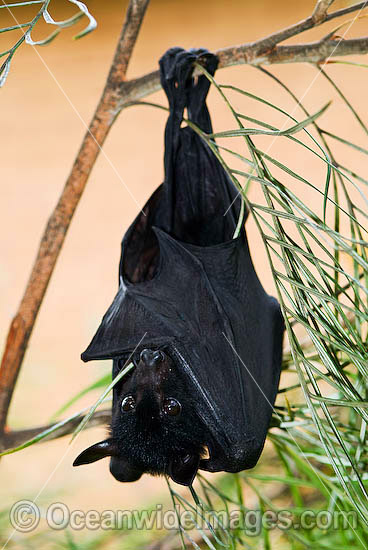Ozarkgal
Senior Member
- Location
- Deep in the Ozark woods
I just watched a documentary called "Raccoon Nation"...I'm doomed! I've posted on here several times this summer about my ongoing war with the raccoon population this year. I trapped and relocated 13 rackys within a few weeks. Things have slowed down now, I think, but maybe because I threw up my hands and closed my eyes.
This documentary was primarily about how raccoons are now not only thriving in large cities, but their numbers are booming as they adapt to their urban environment. The biologists live trapped, tranqed and put computerized radio collars on several coons and tracked their behavior. What they found is that raccoons have a small territory that they cover, have learned to stay away from streets, as they now see cars as predators, stick to neighborhoods instead of parks, because food is abundant, and can learn to open just about anything short of a padlock, devised to keep them out. In fact, the escalated challenges devised to keep them out of trash cans,food bins and building nesting are making them smarter and even more adaptable. It was amazing to see how smart the critters are in getting things open and squeezing and climbing into places.
This boom in the raccoon population is happening in all major cities, and they called Toronto the raccoon capital of all major cities, having an urban population of 50 times the number in the city as in the surrounding countryside...how they came up with that number they didn't explain.
The major problem raccoons create aside from expensive damage to homes and buildings, is the disease they carry. They carry a strain of distemper which is not species specific, but can be transmitted to other animals, including your dogs and cats even though they may have been vaccinated.
Also, roundworms larvae they shed in their feces, while they do not affect the host raccoon, can cause various organ damage, including eyes and brain, both in humans and animals. The larvae can remain dormant in the ground for years, unaffected by weather conditions until a host comes along.
I caught this documentary on Netflix if anyone is interested in watching it. It was also on the Nature series.


This documentary was primarily about how raccoons are now not only thriving in large cities, but their numbers are booming as they adapt to their urban environment. The biologists live trapped, tranqed and put computerized radio collars on several coons and tracked their behavior. What they found is that raccoons have a small territory that they cover, have learned to stay away from streets, as they now see cars as predators, stick to neighborhoods instead of parks, because food is abundant, and can learn to open just about anything short of a padlock, devised to keep them out. In fact, the escalated challenges devised to keep them out of trash cans,food bins and building nesting are making them smarter and even more adaptable. It was amazing to see how smart the critters are in getting things open and squeezing and climbing into places.
This boom in the raccoon population is happening in all major cities, and they called Toronto the raccoon capital of all major cities, having an urban population of 50 times the number in the city as in the surrounding countryside...how they came up with that number they didn't explain.
The major problem raccoons create aside from expensive damage to homes and buildings, is the disease they carry. They carry a strain of distemper which is not species specific, but can be transmitted to other animals, including your dogs and cats even though they may have been vaccinated.
Also, roundworms larvae they shed in their feces, while they do not affect the host raccoon, can cause various organ damage, including eyes and brain, both in humans and animals. The larvae can remain dormant in the ground for years, unaffected by weather conditions until a host comes along.
I caught this documentary on Netflix if anyone is interested in watching it. It was also on the Nature series.








